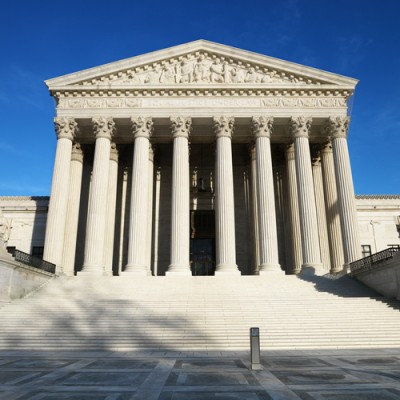Supreme Court to decide whether prosecutors can obtain Microsoft emails stored on overseas server

The U.S. Supreme Court on Monday agreed to decide whether federal prosecutors can obtain emails for a Microsoft customer stored on an overseas server.
At issue is whether the emails are beyond the reach of domestic search warrants issued under the Stored Communications Act, the Washington Post, the New York Times, Bloomberg News and the National Law Journal (sub. req.) report. The law authorizes search warrants when there is probable cause that the emails are evidence of a federal crime.
A panel of the New York-based 2nd U.S. Circuit Court of Appeals had ruled prosecutors couldn’t obtain the emails, which were stored exclusively on a server in Ireland. The full 2nd Circuit split on whether to rehear the case.
The U.S. government had sought the emails in a drug trafficking investigation. The government contends a U.S.-based company that receives a subpoena must turn over materials within its control, even if the materials are stored abroad.
The government had argued that exempting the emails would create a loophole that could be exploited by criminals. “Hundreds if not thousands of investigations of crimes—ranging from terrorism, to child pornography, to fraud—are being or will be hampered by the government’s inability to obtain electronic evidence,” the government argued.
Microsoft president and chief legal officer Brad Smith commented on the cert grant in a blog post. He asserts the Justice Department position “puts everyone’s emails at risk—if the U.S. government can unilaterally use a warrant to seize emails outside the United States, what’s to stop other governments from acting unilaterally to seize emails stored inside the United States?”
The case is United States v. Microsoft Corp. The cert petition is here (PDF) and the SCOTUSblog case page is here.
It is the second digital privacy case before the Supreme Court this term. At issue in the other case is whether police need to obtain a search warrant to obtain past location data for a suspect’s cellphone.
Updated at 12:30 p.m. to add information about the blog post by Microsoft president Brad Smith.



